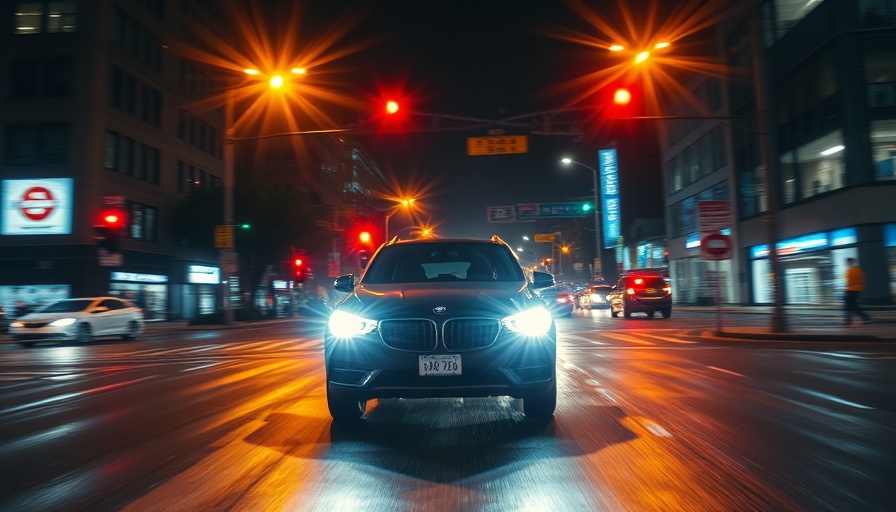
Understanding Car Night Vision Cameras: A Modern Initiative
As the automotive industry continuously evolves, the introduction of high-tech features in vehicles has become commonplace. Among these innovations is the night vision camera, a feature that promises to enhance safety on the roads. But do they truly make a difference? Let’s delve into what these systems offer and whether they are worth the investment.
What Exactly is a Car Night Vision Camera?
Night vision cameras utilize infrared technology to provide drivers with a clearer view in low-light conditions. First popularized by Mercedes-Benz with their Night View Assist, this innovation employs infrared beams coupled with a specialized camera to illuminate dark roads. According to the manufacturer, the system can detect pedestrians as far as 80 meters away and highlight them on a digital display when identified, enhancing driver awareness significantly.
Popular Vehicles with Night Vision Technology
Several car brands have jumped on board, integrating night vision cameras into their luxury models. In addition to Mercedes-Benz, brands such as Toyota, Lexus, BMW, Bentley, Cadillac, and Maybach have offered this feature in their high-end vehicles. For those not in the market for a new luxury car, numerous aftermarket night vision dash cams are available, making this technology accessible to more automobilists.
Does Employing a Night Vision Camera Increase Safety?
While the technology shows promise, experts like those at Kelley Blue Book caution that night vision cameras are not universally beneficial. Their effectiveness varies based on numerous factors including local driving conditions, weather, and individual driving habits. While they can detect stationary and some moving hazards, limitations persist. For instance, thermal systems may struggle to identify inanimate objects like road barriers, and factors such as temperature can influence performance.
The Limitations of Night Vision Systems
Those on the fence about incorporating night vision technology may have valid concerns. Inclement weather conditions, such as rain, snow, or fog, can significantly hinder the camera's efficacy due to its reliance on infrared illumination. If you reside in an area that frequently experiences such weather, relying solely on this system for visibility could lead to unforeseen dangers.
Evaluating the Practical Benefits
The decision to invest in a car equipped with night vision technology boils down to personal preference and circumstances. If you often find yourself navigating poorly lit areas or driving at night, the added visibility could enhance your driving experience. However, it’s vital to weigh the benefits against potential distractions the system might introduce.
Making an Informed Choice: What You Should Consider
Ultimately, the true question remains: Is a night vision camera worth it? For some drivers, increased visibility during night-time travel can bolster a sense of security. But as the car technology landscape continues to grow, it's crucial to remain aware of the trade-offs. Consider how often you drive in low visibility conditions and whether the benefits of this technology align with your safety priorities.
As technology advances, determining which features genuinely enhance safety while minimizing distractions will continue to be an important discussion in the automobile industry. We encourage you to explore various features and determine what best fits your driving needs.
 Add Row
Add Row  Add
Add 




Write A Comment